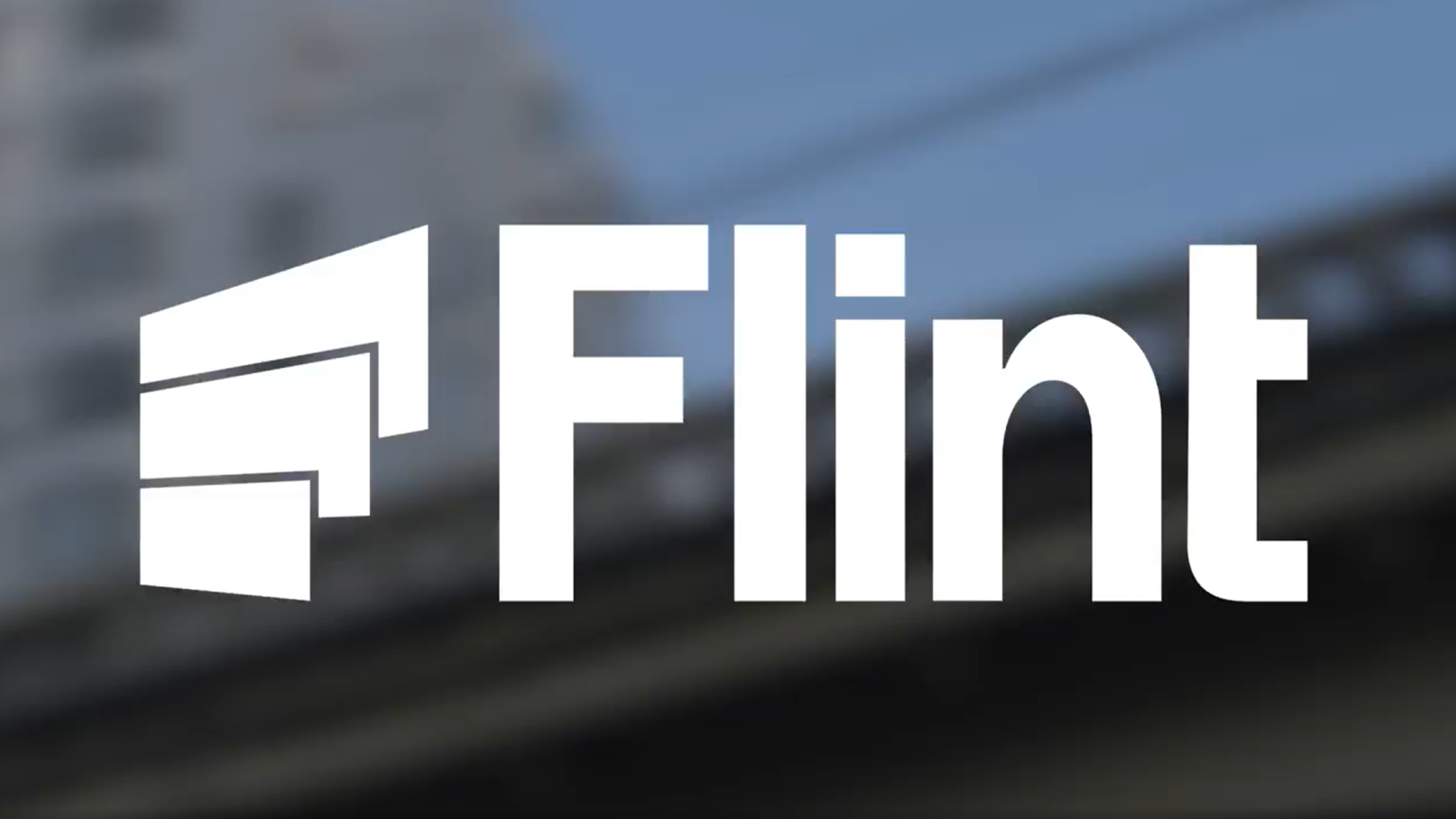New startup wants to build self-updating, autonomous websites that 'generate' content and 'optimize themselves' without human intervention - but I wonder what Google will make of this
AI-driven system promises to turn websites into self-updating digital agents

Sign up for breaking news, reviews, opinion, top tech deals, and more.
You are now subscribed
Your newsletter sign-up was successful
- Flint claims its sites can generate and optimize themselves without human input
- Users upload a brief, and Flint auto-creates coded pages on live domains
- The startup has raised $5 million from Accel and Sheryl Sandberg’s fund
A new startup has announced a plan to create fully autonomous websites that can “generate” their own pages and “optimize themselves” without human input.
Flint's platform already runs live pages for firms such as Cognition, Modal, and Graphite, producing comparison pages, ad landing pages, and AI-generated SEO content.
Users only need to upload a content brief and a link to their existing site for Flint to interpret the brand’s design system and automatically publish coded pages directly to their domain.
A new era of self-driven websites
"It’s time to kill the traditional website. We're moving from a world of websites as static assets to one where they're autonomous agents. Your website is either autonomous or obsolete,” said Michelle Lim, co-founder and CEO of Flint.
Early figures claim strong SEO rankings and faster ad conversions, although the data remains limited to company reporting.
Flint has raised $5 million in seed funding led by Accel, joined by Sheryl Sandberg’s venture fund and Neo.
The funds will support expansion in applied AI and design engineering, as the company moves beyond its stealth phase with a waitlist for its beta program.
Sign up to the TechRadar Pro newsletter to get all the top news, opinion, features and guidance your business needs to succeed!
Investors describe Flint as part of a new wave of digital infrastructure intended to keep pace with AI-driven changes in marketing and online discovery.
This blend of AI and website design points to a future where free website builders and AI website builders evolve beyond static templates into systems capable of constant adaptation.
"The web is being disrupted by AI, and companies need to adapt their websites quickly if they want them to remain effective marketing and acquisition channels," said Sheryl Sandberg, co-founder of Sandberg Bernthal Venture Partners.
"Flint is building the next generation of infrastructure that will solve this challenge, shaping discoverability and online advertising for the AI generation."
However, the long-term implications remain unclear, especially regarding how self-modifying websites might interact with search engines such as Google.
Flint’s vision is ambitious: websites that detect competitor activity, modify layouts based on visitor profiles, and even communicate directly with AI agents.
“Marketers are gravely underserved by outdated tools. Flint finally gives them AI superpowers to compete," said Dan Levine, partner at Accel.
Yet full autonomy in web systems could introduce challenges around control, transparency, and compliance with optimization standards.
The concept could also reshape how traditional free website builders and AI website builders operate if it proves viable.
For now, Flint’s idea adds to a growing debate about automation’s role in website design, raising the question of whether the web can remain predictable once it begins updating itself.
Follow TechRadar on Google News and add us as a preferred source to get our expert news, reviews, and opinion in your feeds. Make sure to click the Follow button!
And of course you can also follow TechRadar on TikTok for news, reviews, unboxings in video form, and get regular updates from us on WhatsApp too.
You might also like
- These are the best ecommerce platforms you can use
- We listed the best secure email providers on the market
- Capita handed huge £14m fine over security failings which lead to data breach

Efosa has been writing about technology for over 7 years, initially driven by curiosity but now fueled by a strong passion for the field. He holds both a Master's and a PhD in sciences, which provided him with a solid foundation in analytical thinking.
You must confirm your public display name before commenting
Please logout and then login again, you will then be prompted to enter your display name.